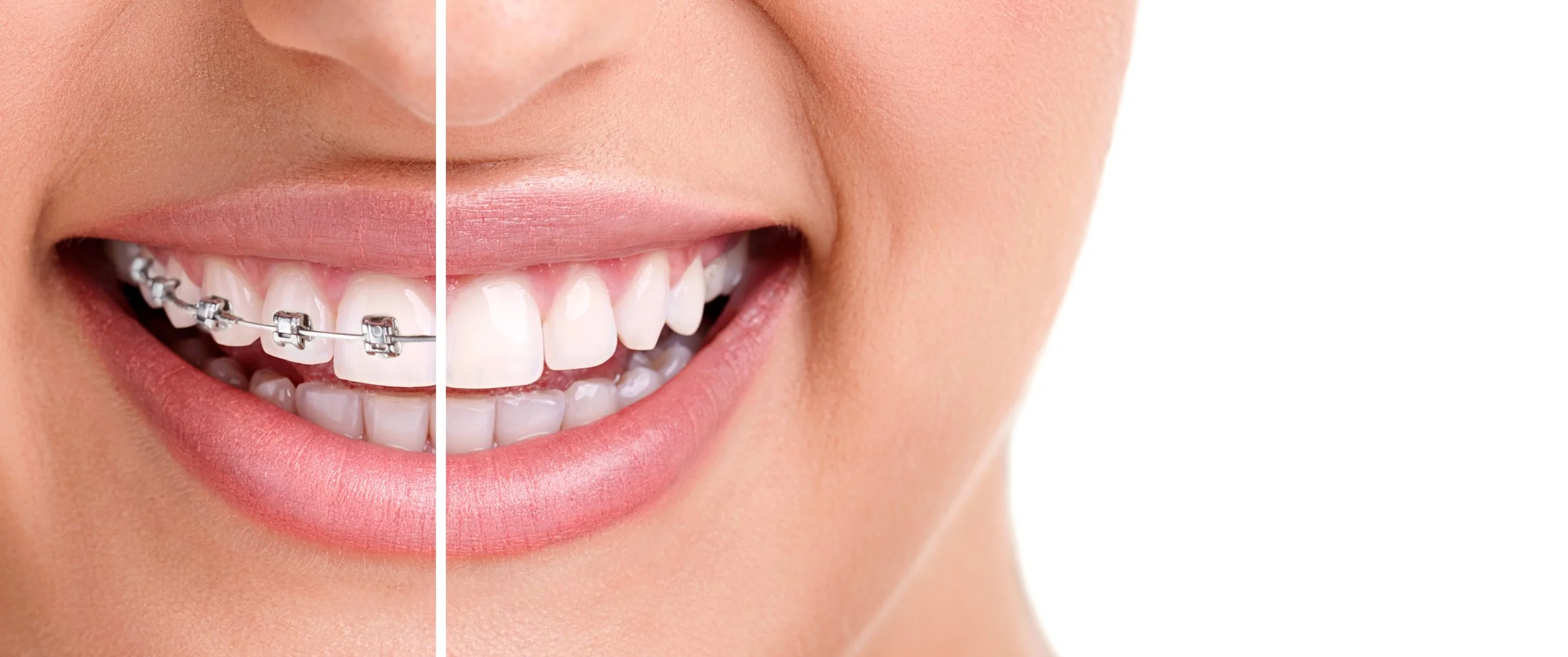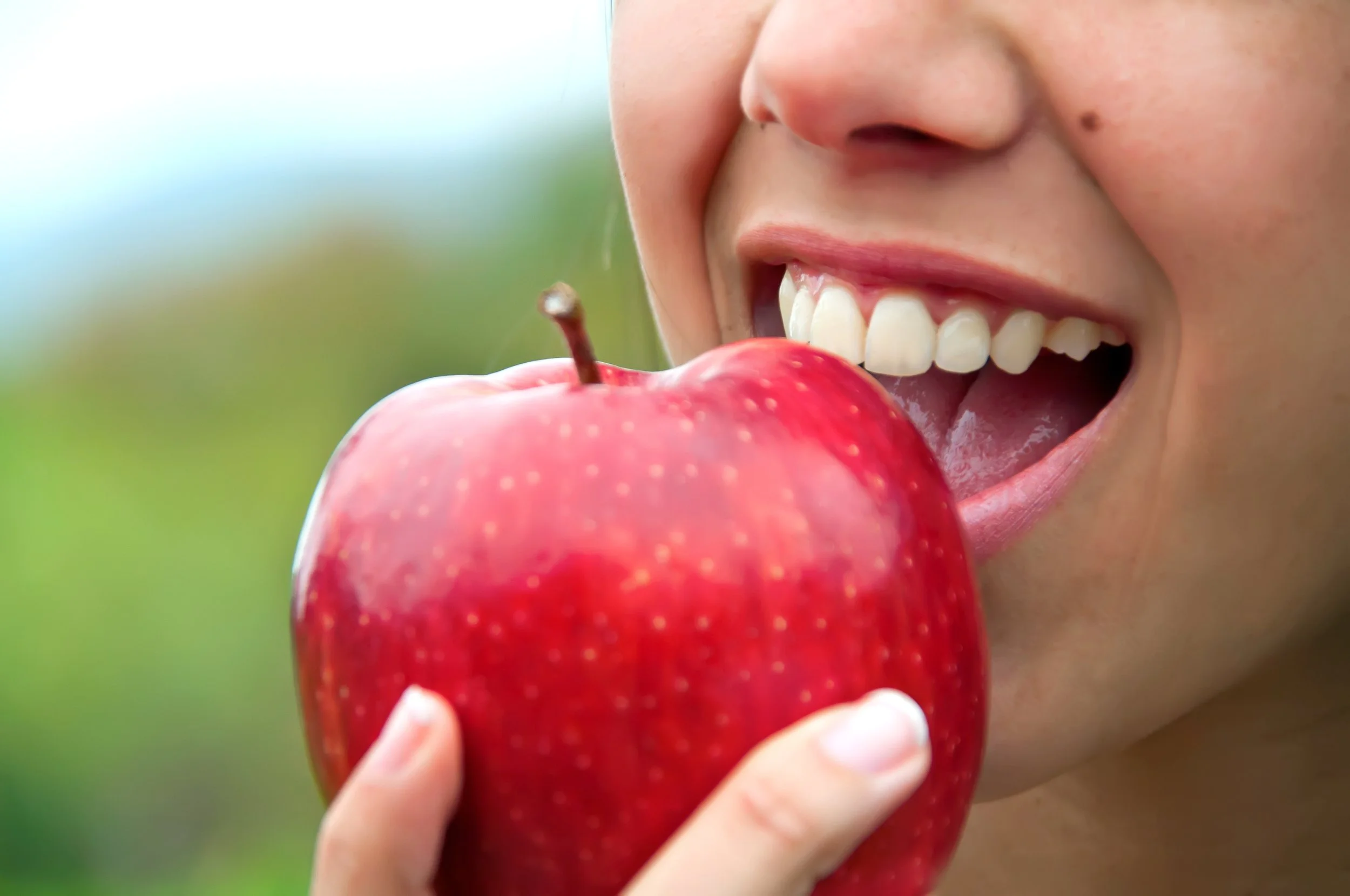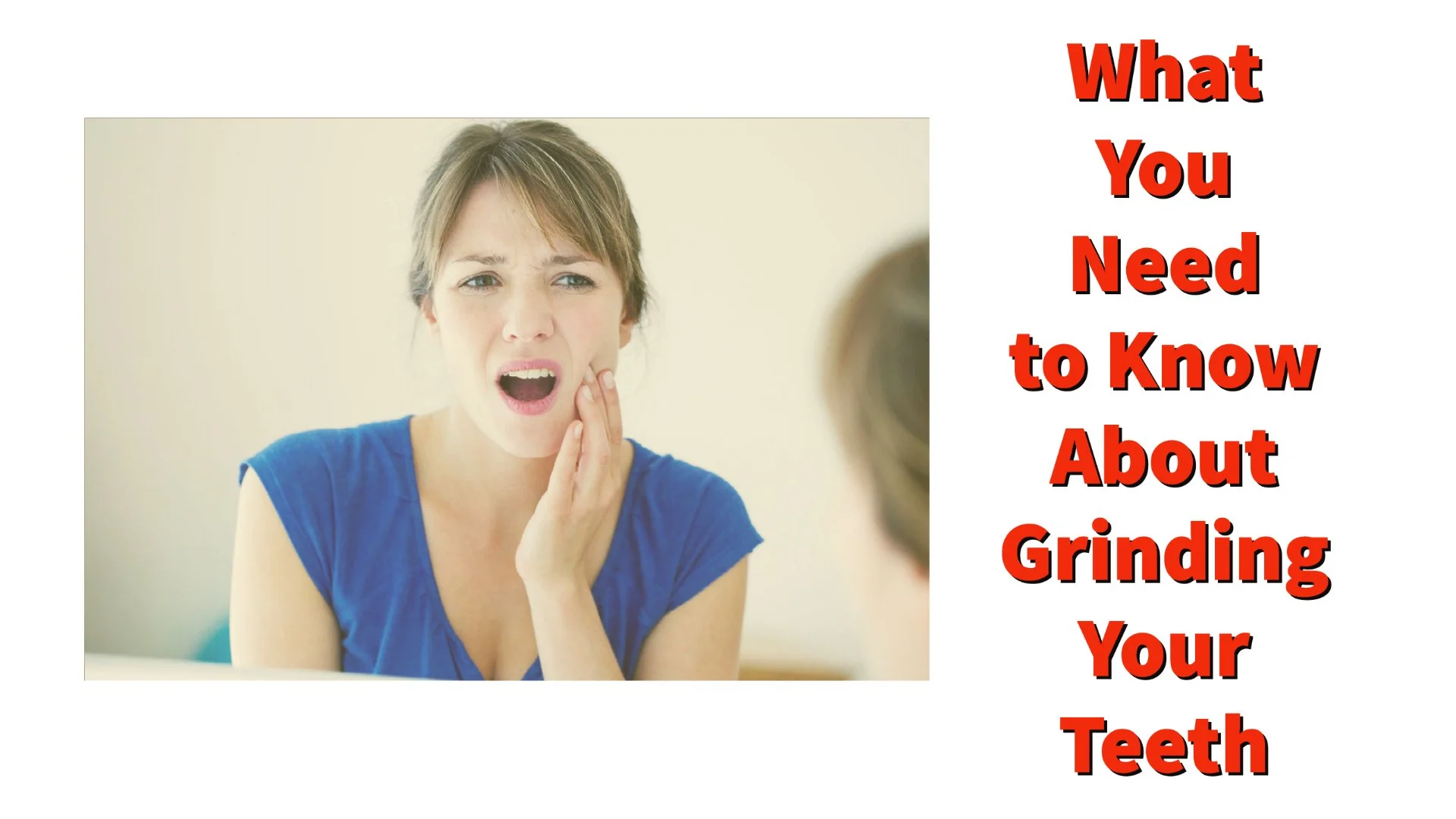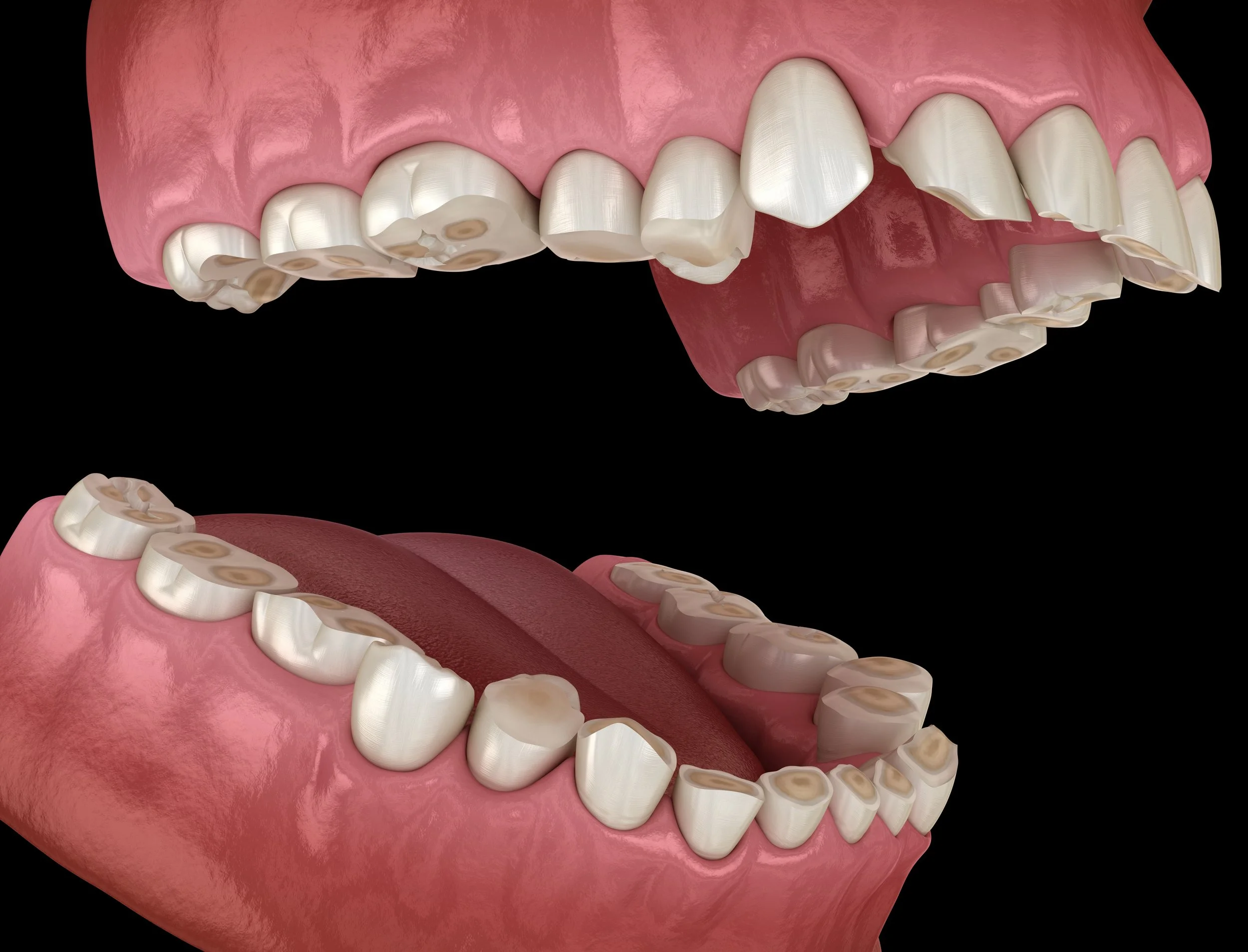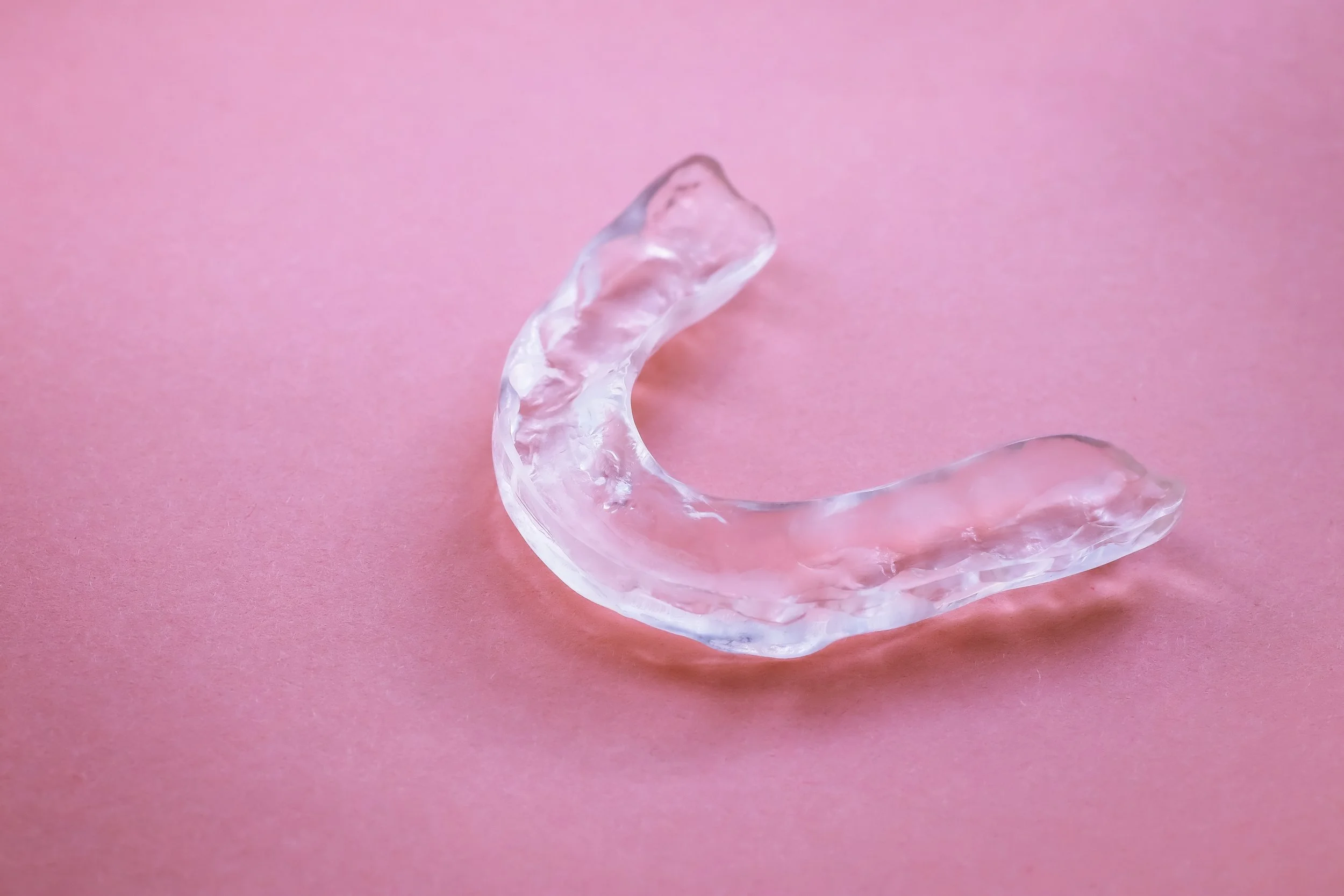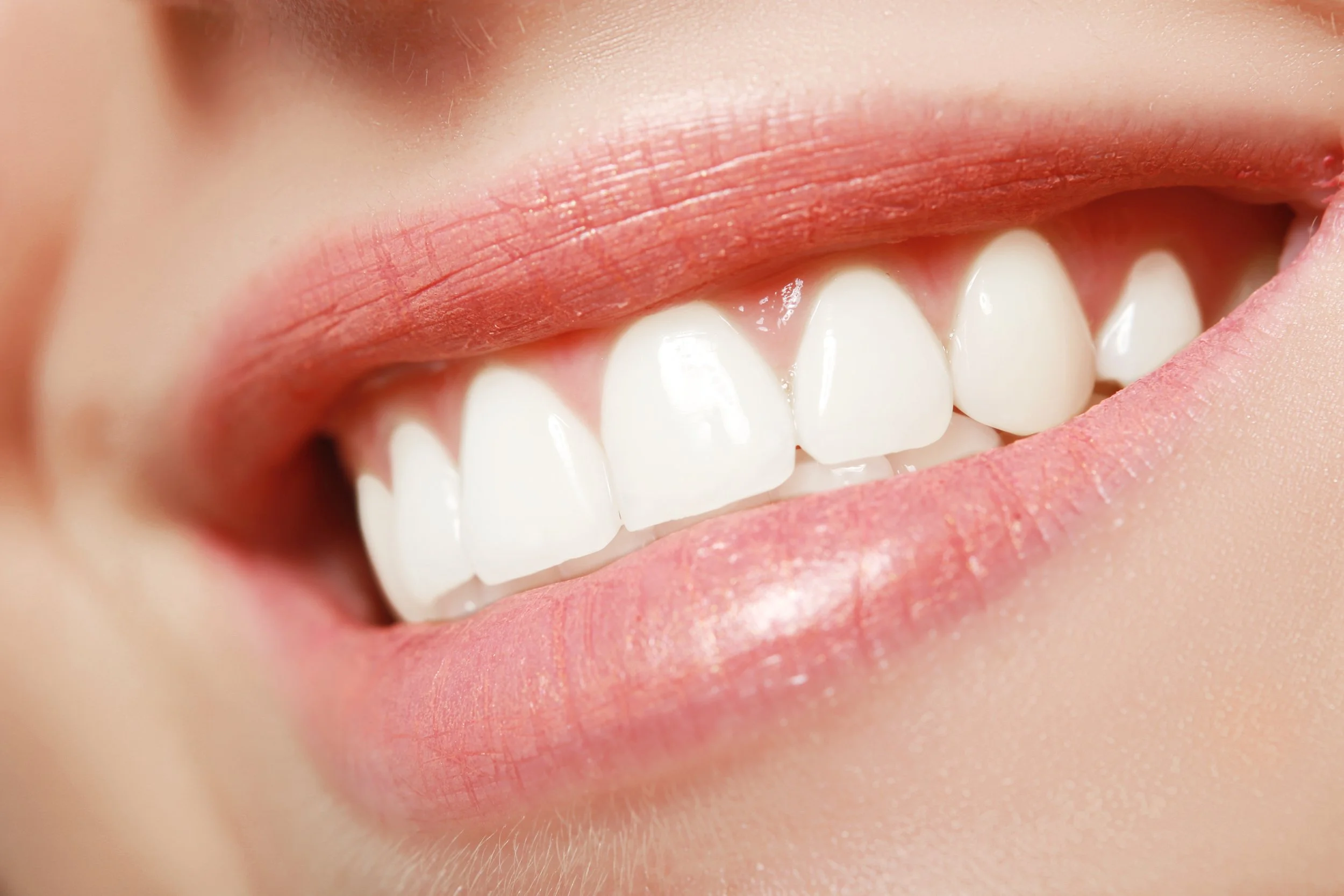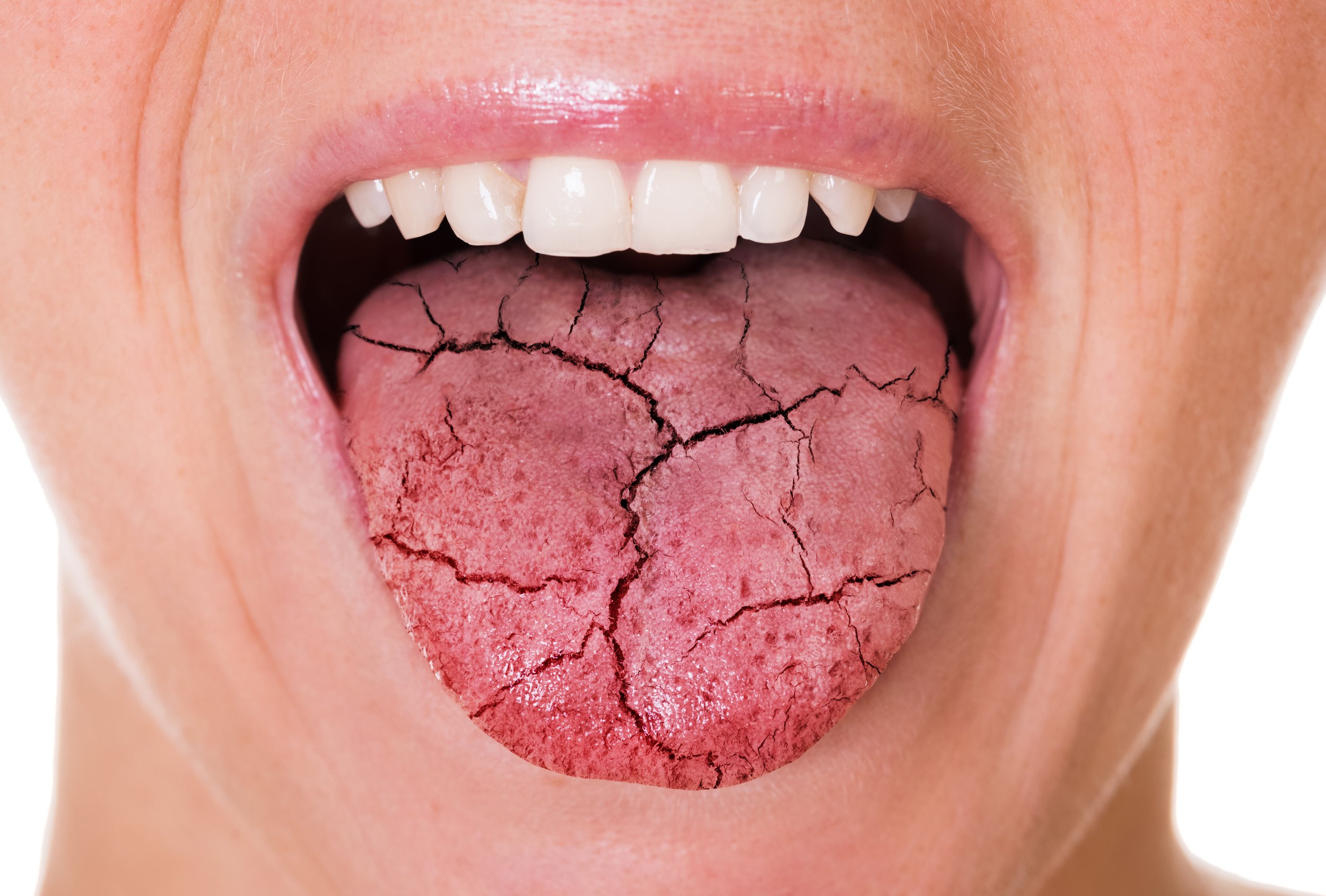Image courtesy of Adobe Stock.
Beyond Aesthetics: The Importance of Orthodontics and Properly Aligned Teeth
Introduction
When we think of orthodontics, the first image that often comes to mind is a picture-perfect smile with perfectly aligned teeth. While achieving a beautiful smile is undoubtedly a significant benefit of orthodontic treatment, it's important to recognize that the benefits go far beyond aesthetics. Properly aligned teeth play a crucial role in our overall oral health and well-being. In this article, we'll delve into the reasons why orthodontics is much more than just having a pretty smile and why properly aligned teeth are important.
1. Oral Health and Functionality
One of the primary reasons for seeking orthodontic treatment is to ensure optimal oral health and functionality. Misaligned teeth can lead to various dental issues, including:
a) Tooth Decay: Crowded or overlapping teeth can create tight spaces that are difficult to clean properly. This can lead to the buildup of plaque and bacteria, increasing the risk of cavities and gum disease.
b) Gum Disease: Improperly aligned teeth can result in difficulty cleaning around the gumline, making it easier for bacteria to accumulate and cause gum inflammation, ultimately leading to gum disease.
c) Jaw Pain and TMJ Disorders: Malocclusions, or improper bites, can strain the jaw joints and muscles, leading to discomfort, pain, and even temporomandibular joint (TMJ) disorders.
d) Speech Impediments: Misaligned teeth can impact speech patterns, causing problems with pronunciation and clarity.
e) Chewing and Digestion: Teeth that do not fit together properly can result in uneven pressure distribution during chewing, potentially leading to digestion problems.
2. Long-term Savings
Investing in orthodontic treatment today can lead to significant cost savings in the long run. By addressing misalignments and bite issues early, you can prevent more complex dental problems that may require costly procedures to correct. This is particularly relevant when considering the potential expenses associated with treating conditions like advanced gum disease, tooth decay, or even orthodontic issues that worsen over time.
3. Boosting Self-Confidence and Mental Well-being
While the importance of a confident smile should not be underestimated, the impact of properly aligned teeth on an individual's self-esteem and mental well-being goes beyond appearances. A straight smile can lead to improved self-confidence and a more positive self-image, which can have a cascading effect on various aspects of life, from social interactions to professional success.
4. Improved Overall Health
Believe it or not, there's a strong connection between oral health and overall well-being. Poor oral health has been linked to various systemic health issues, including cardiovascular disease, diabetes, and respiratory infections. By maintaining properly aligned teeth, you're contributing to your overall health and reducing the risk of potential health complications.
5. Lifelong Benefits
The benefits of orthodontic treatment extend far beyond the duration of the treatment itself. With proper alignment, teeth are more likely to remain stable and healthy throughout your life, provided you follow a good oral hygiene routine and continue regular dental check-ups.
Conclusion
In the realm of orthodontics, achieving a stunning smile is just the tip of the iceberg. Properly aligned teeth play a pivotal role in maintaining optimal oral health, function, and overall well-being. From preventing dental issues to boosting self-confidence and even contributing to your long-term financial savings, the advantages of orthodontic treatment go beyond aesthetics. So, whether you're considering orthodontic treatment for yourself or a loved one, remember that the benefits extend far beyond having a pretty smile – they encompass a lifetime of oral health and happiness.

